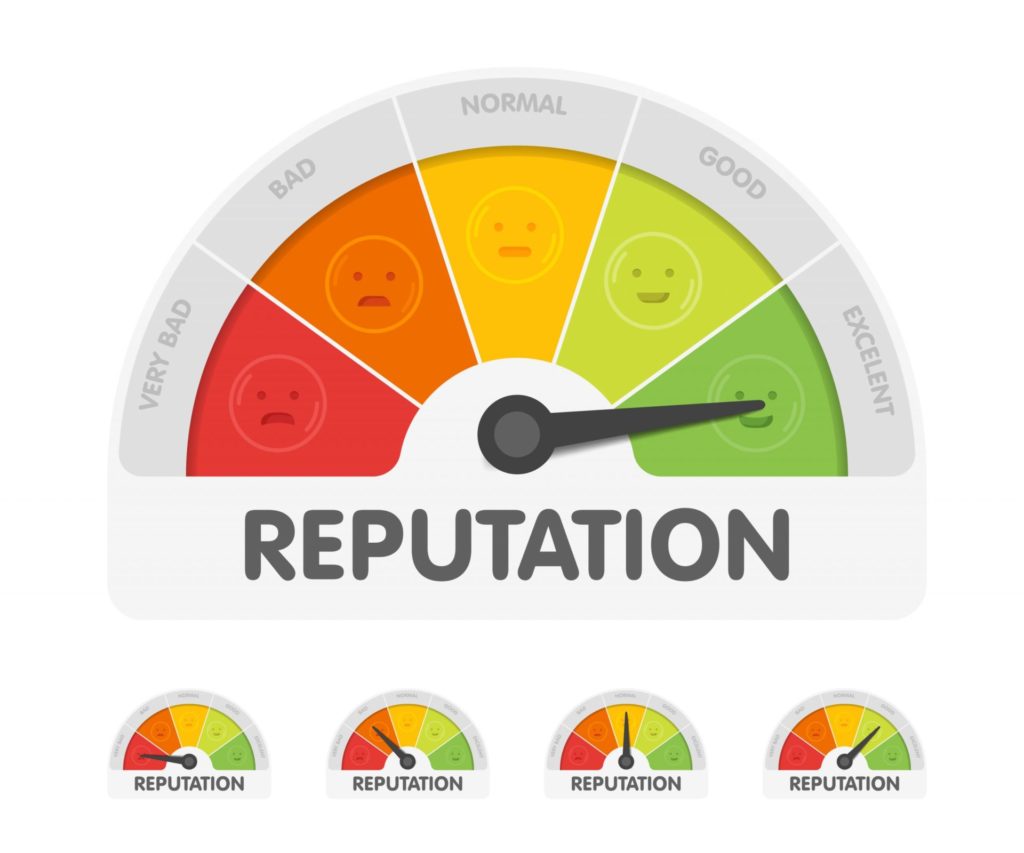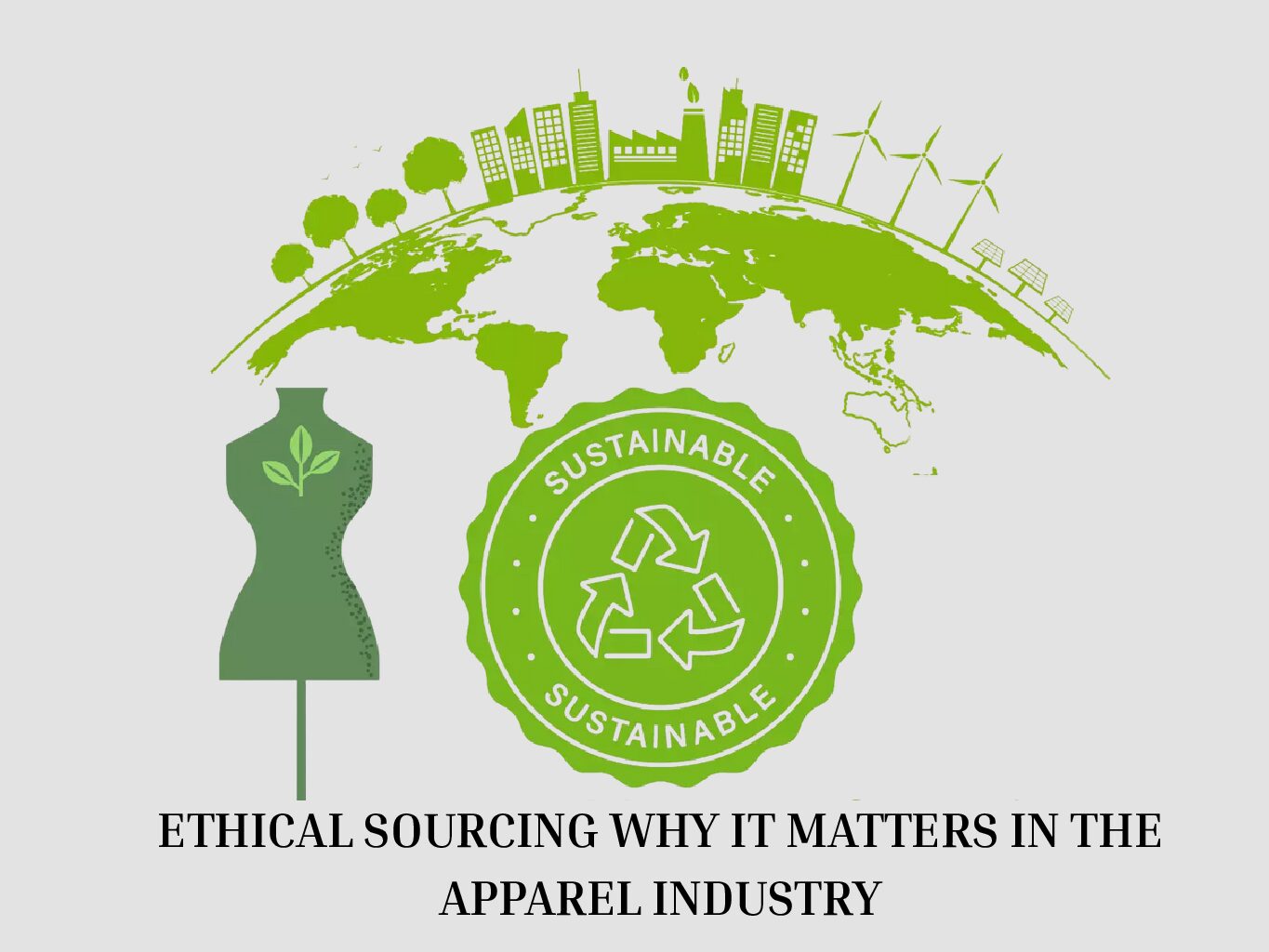
Introduction: The Growing Importance of Ethical Sourcing
In today’s globalized world, consumers are increasingly aware of the impact their purchasing decisions have on people and the planet. This shift has brought ethical sourcing to the forefront of the apparel industry, where brands are under pressure to ensure their supply chains are transparent, sustainable, and socially responsible.
But what exactly is ethical sourcing, and why does it matter so much? Let’s dive into the details.
What is Ethical Sourcing?
Ethical sourcing refers to the process of ensuring that the materials and labor used in producing goods meet certain standards of fairness, safety, and environmental responsibility. In the context of the apparel industry, this means:
- Fair wages and safe working conditions for garment workers.
- Use of eco-friendly materials and sustainable production methods.
- Elimination of child labor and exploitation.
- Transparency throughout the supply chain.
Why Ethical Sourcing Matters in the Apparel Industry
1.Protecting Human Rights
The apparel industry has faced numerous scandals involving worker exploitation, unsafe factories, and unfair wages. Tragedies like the **Rana Plaza collapse** in Bangladesh (2013), which claimed over 1,100 lives, highlight the urgent need for ethical practices. By prioritizing ethical sourcing, brands can protect the rights and dignity of workers worldwide.
2.Environmental Sustainability
Fast fashion has contributed significantly to environmental degradation, from excessive water usage to textile waste and pollution. Ethical sourcing encourages the use of **sustainable fabrics** like organic cotton, recycled polyester, and Tencel, as well as eco-friendly dyeing processes. This helps reduce the industry’s carbon footprint and promotes a circular economy.
3.Meeting Consumer Expectations
Modern consumers are more informed and value-driven than ever before. Studies show that 88% of shoppers want brands to help them live more sustainably**, and many are willing to pay a premium for ethically sourced products. Brands that fail to adapt risk losing market share and damaging their reputation.
4. Building Brand Trust
Transparency builds trust. When companies openly share information about their suppliers, manufacturing processes, and labor practices, they demonstrate accountability. Ethical sourcing not only enhances brand loyalty but also differentiates businesses in a crowded marketplace.
Challenges in Implementing Ethical Sourcing
While the benefits are clear, adopting ethical sourcing practices isn’t without its challenges:
- Higher Costs: Sustainable materials and fair wages often increase production costs, which can be a barrier for smaller brands.
- Complex Supply Chains: Many apparel brands rely on intricate global networks, making it difficult to monitor every stage of production.
- Greenwashing Risks: Some companies falsely claim to be ethical or sustainable, misleading consumers and undermining genuine efforts.
Despite these hurdles, the long-term advantages far outweigh the initial investments.
How Brands Can Embrace Ethical Sourcing
Here are actionable steps for apparel brands looking to adopt ethical sourcing practices:
1.Partner with Certified Suppliers: Work with suppliers certified by organizations like Fair Trade USA, Global Organic Textile Standard (GOTS), or Better Cotton Initiative (BCI).
2.Conduct Regular Audits: Ensure compliance with labor and environmental standards through third-party audits.
3.Engage in Traceability Initiatives: Use technology like blockchain to track raw materials from farm to finished product.
4. Educate Consumers: Share stories about your sourcing journey to build awareness and foster trust.
5. Support Local Communities: Invest in programs that empower workers and promote economic development in sourcing regions.
The Future of Ethical Sourcing in Fashion
As the demand for transparency and sustainability grows, ethical sourcing will become the norm rather than the exception. Innovations in technology, coupled with stricter regulations and consumer activism, will drive positive change across the apparel industry.
By embracing ethical sourcing, brands can create a better future—not just for themselves, but for the people who make their clothes and the planet we all share.
The apparel industry stands at a crossroads. On one hand, it has the power to uplift millions of workers, preserve natural resources, and inspire positive change. On the other, it risks perpetuating harm if it fails to prioritize ethical sourcing. The choice is clear: brands must commit to responsible practices that benefit both humanity and the environment.
Consumers, too, play a vital role in this transformation. By supporting ethical brands, demanding transparency, and making mindful purchasing decisions, individuals can drive the industry toward a more sustainable future. Ethical sourcing is not just a trend—it’s a necessity for the survival of our planet and the well-being of future generations.
Let us work together—brands, consumers, and policymakers—to ensure that the clothes we wear reflect our values. Together, we can redefine fashion as a force for good.
Ethical sourcing matters in the apparel industry because it protects human rights, promotes environmental sustainability, meets consumer expectations, and builds brand trust while addressing challenges like cost, complexity, and greenwashing. By embracing ethical practices, the industry can create a better future for workers, communities, and the planet.
Keyword's: Ethical Sourcing, Apparel Industry, Sustainability, Fair Trade, Supply Chain Transparency, Eco-Friendly Fashion, Labor Rights
In today’s globalized world, consumers are increasingly aware of the impact their purchasing decisions have on people and the planet. This shift has brought ethical sourcing to the forefront of the apparel industry, where brands are under pressure to ensure their supply chains are transparent, sustainable, and socially responsible.
But what exactly is ethical sourcing, and why does it matter so much? Let’s dive into the details.
What is Ethical Sourcing?
Ethical sourcing refers to the process of ensuring that the materials and labor used in producing goods meet certain standards of fairness, safety, and environmental responsibility. In the context of the apparel industry, this means:
- Fair wages and safe working conditions for garment workers.
- Use of eco-friendly materials and sustainable production methods.
- Elimination of child labor and exploitation.
- Transparency throughout the supply chain.
Why Ethical Sourcing Matters in the Apparel Industry
1.Protecting Human Rights
The apparel industry has faced numerous scandals involving worker exploitation, unsafe factories, and unfair wages. Tragedies like the **Rana Plaza collapse** in Bangladesh (2013), which claimed over 1,100 lives, highlight the urgent need for ethical practices. By prioritizing ethical sourcing, brands can protect the rights and dignity of workers worldwide.
2.Environmental Sustainability
Fast fashion has contributed significantly to environmental degradation, from excessive water usage to textile waste and pollution. Ethical sourcing encourages the use of **sustainable fabrics** like organic cotton, recycled polyester, and Tencel, as well as eco-friendly dyeing processes. This helps reduce the industry’s carbon footprint and promotes a circular economy.
3.Meeting Consumer Expectations
Modern consumers are more informed and value-driven than ever before. Studies show that 88% of shoppers want brands to help them live more sustainably**, and many are willing to pay a premium for ethically sourced products. Brands that fail to adapt risk losing market share and damaging their reputation.
4. Building Brand Trust
Transparency builds trust. When companies openly share information about their suppliers, manufacturing processes, and labor practices, they demonstrate accountability. Ethical sourcing not only enhances brand loyalty but also differentiates businesses in a crowded marketplace.
Challenges in Implementing Ethical Sourcing
While the benefits are clear, adopting ethical sourcing practices isn’t without its challenges:
- Higher Costs: Sustainable materials and fair wages often increase production costs, which can be a barrier for smaller brands.
- Complex Supply Chains: Many apparel brands rely on intricate global networks, making it difficult to monitor every stage of production.
- Greenwashing Risks: Some companies falsely claim to be ethical or sustainable, misleading consumers and undermining genuine efforts.
Despite these hurdles, the long-term advantages far outweigh the initial investments.
How Brands Can Embrace Ethical Sourcing
Here are actionable steps for apparel brands looking to adopt ethical sourcing practices:
1.Partner with Certified Suppliers: Work with suppliers certified by organizations like Fair Trade USA, Global Organic Textile Standard (GOTS), or Better Cotton Initiative (BCI).
2.Conduct Regular Audits: Ensure compliance with labor and environmental standards through third-party audits.
3.Engage in Traceability Initiatives: Use technology like blockchain to track raw materials from farm to finished product.
4. Educate Consumers: Share stories about your sourcing journey to build awareness and foster trust.
5. Support Local Communities: Invest in programs that empower workers and promote economic development in sourcing regions.
The Future of Ethical Sourcing in Fashion
As the demand for transparency and sustainability grows, ethical sourcing will become the norm rather than the exception. Innovations in technology, coupled with stricter regulations and consumer activism, will drive positive change across the apparel industry.
By embracing ethical sourcing, brands can create a better future—not just for themselves, but for the people who make their clothes and the planet we all share.
Conclusion: A Call for Collective Action
The apparel industry stands at a crossroads. On one hand, it has the power to uplift millions of workers, preserve natural resources, and inspire positive change. On the other, it risks perpetuating harm if it fails to prioritize ethical sourcing. The choice is clear: brands must commit to responsible practices that benefit both humanity and the environment.
Consumers, too, play a vital role in this transformation. By supporting ethical brands, demanding transparency, and making mindful purchasing decisions, individuals can drive the industry toward a more sustainable future. Ethical sourcing is not just a trend—it’s a necessity for the survival of our planet and the well-being of future generations.
Let us work together—brands, consumers, and policymakers—to ensure that the clothes we wear reflect our values. Together, we can redefine fashion as a force for good.
Ethical sourcing matters in the apparel industry because it protects human rights, promotes environmental sustainability, meets consumer expectations, and builds brand trust while addressing challenges like cost, complexity, and greenwashing. By embracing ethical practices, the industry can create a better future for workers, communities, and the planet.
Keyword's: Ethical Sourcing, Apparel Industry, Sustainability, Fair Trade, Supply Chain Transparency, Eco-Friendly Fashion, Labor Rights

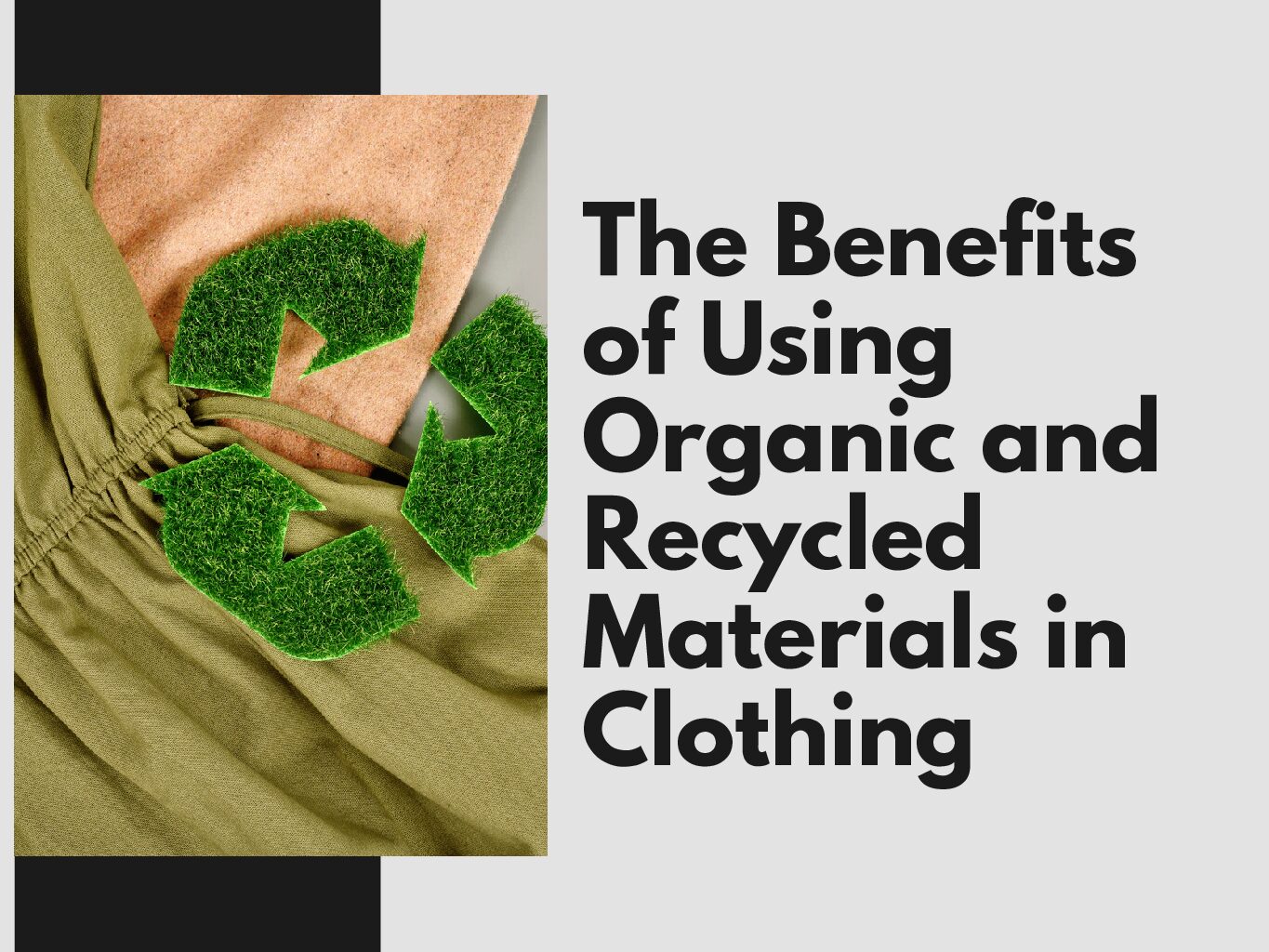
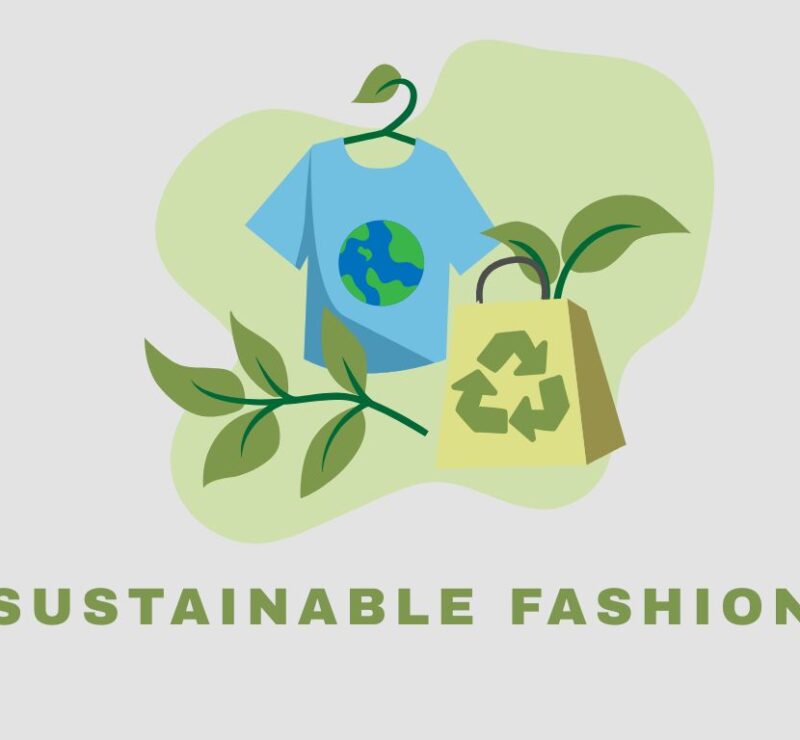


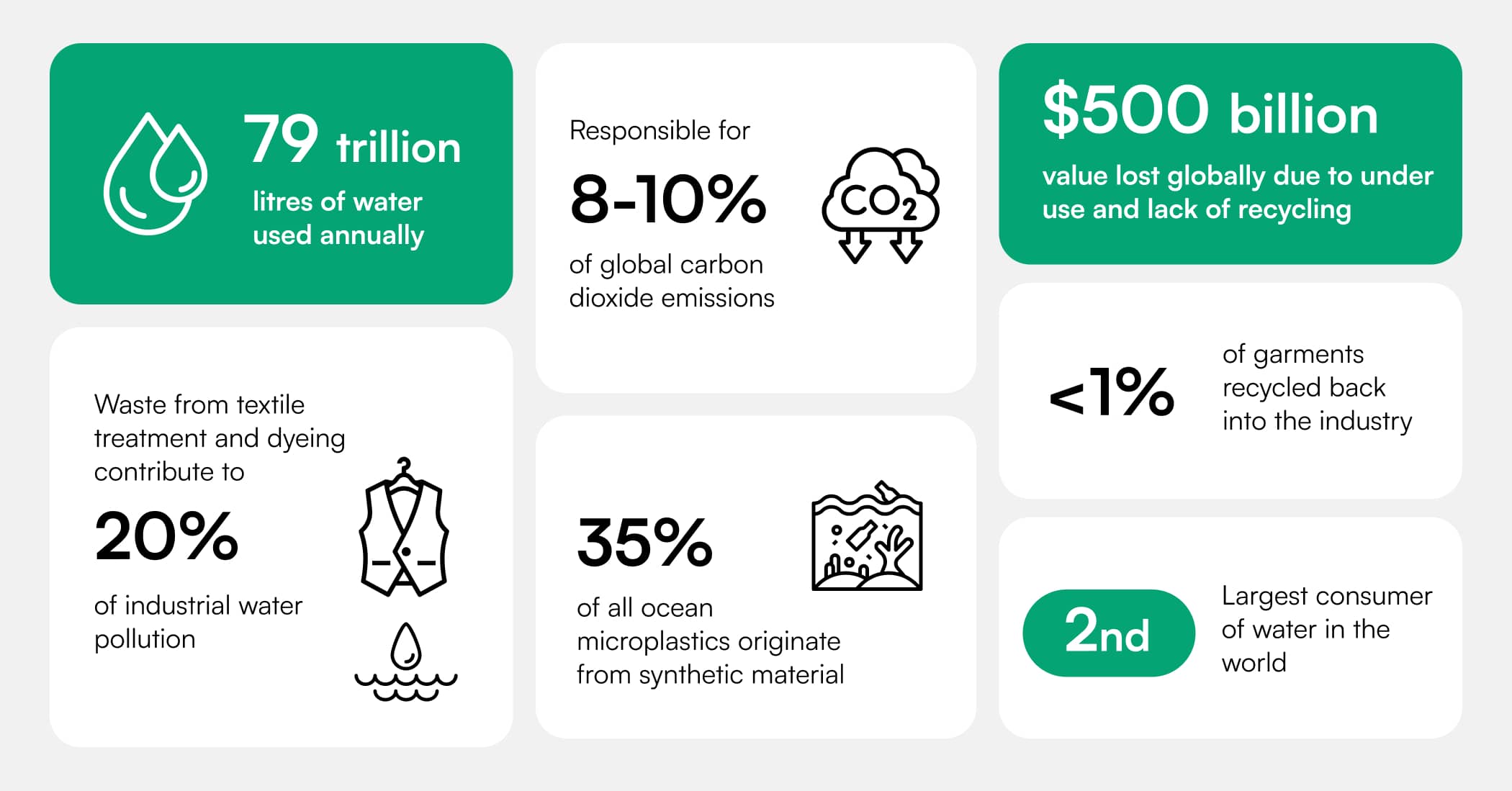
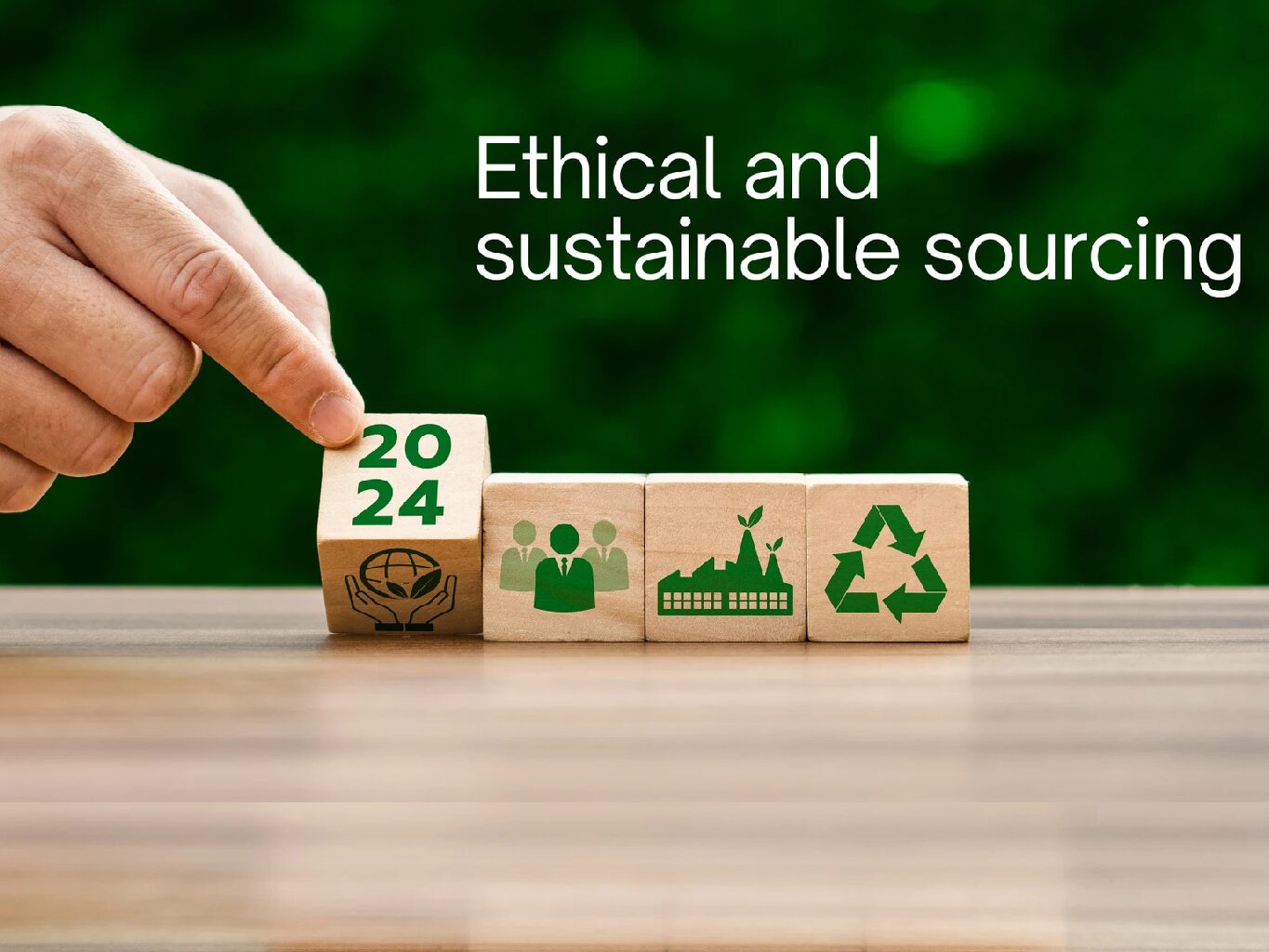
 Ethical sourcing refers to the process of ensuring that the materials and labor used in producing goods are obtained in a responsible and sustainable manner. This includes:
Ethical sourcing refers to the process of ensuring that the materials and labor used in producing goods are obtained in a responsible and sustainable manner. This includes: